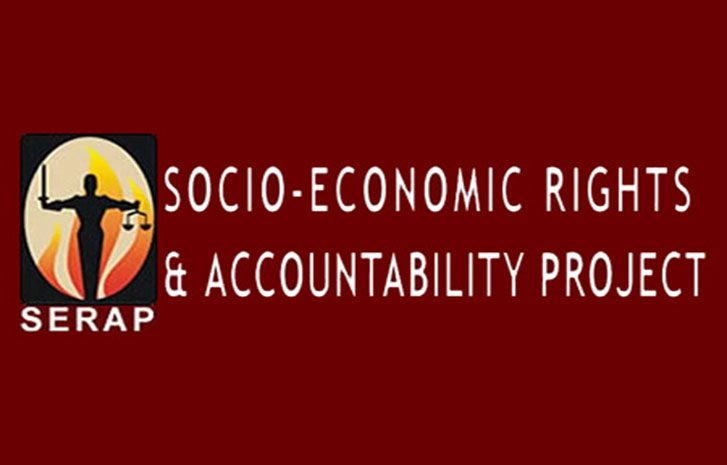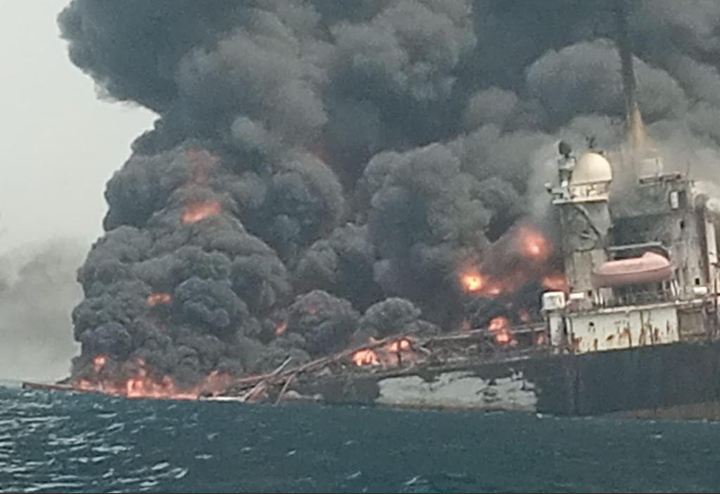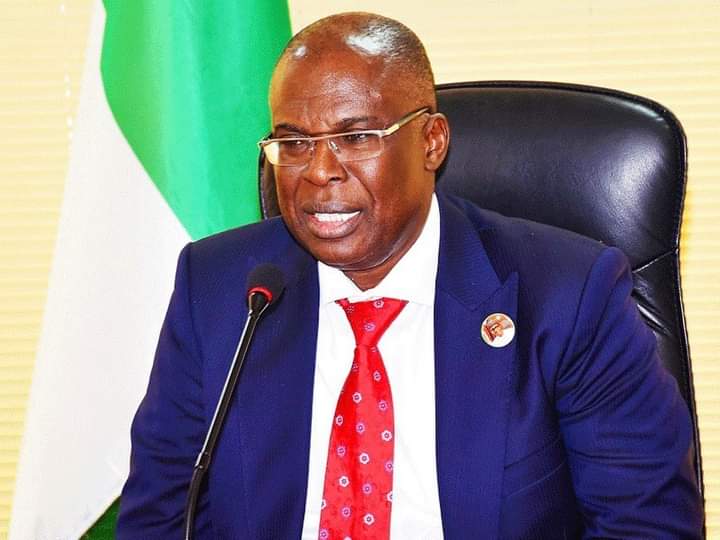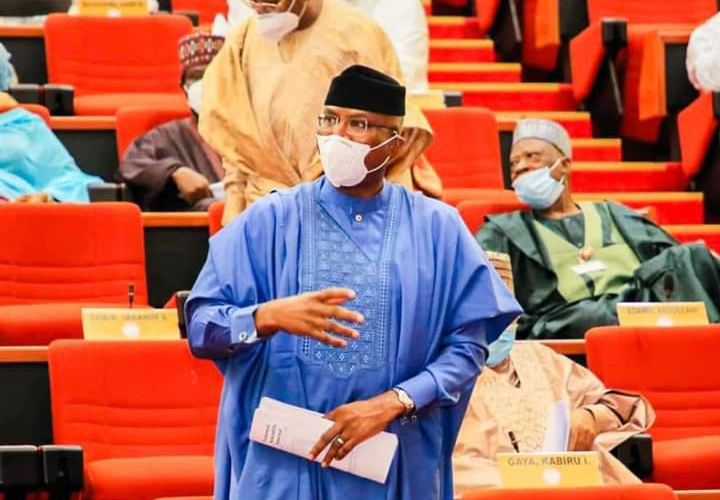Dr Government Ekpemupolo, alias Tompolo has pledged to do everything possible to ensure that the daily crude oil production output continued to be on the increase and boost the nation’s revenue.
Tompolo, who is also a High Chief in Ijaw land, made the promise on Saturday evening in Oporoza, headquarters of Gbaramatu kingdom in Warri South-West Local Government Area of Delta.
He spoke shortly after receiving an “Internal Security Meritorious Award” conferred on him by the National body of the Nigeria Union of Journalists (NUJ).
Addressing newsmen, Tompolo acknowledged the pivotal role of the media in promoting peace and stabilising democracy in the country.
“The only place I have to call my country is Nigeria, so I will do everything within my powers, to see that crude oil production increases.
“The critical role of the media in Nigeria cannot be overemphasized. Nothing reasonable can be achieved without the media, so, I want to appeal that they should be appreciated,” Tompolo said.
Tompolo’s Tantita Security Services Nigeria Ltd. (TSSNL), a private pipeline surveillance security outfit was engaged by the Federal Government to curtail crude oil theft in the Niger Delta.
Recall that between January and February 2024,’ the private security outfit in conjunction with Federal Government security agencies, impounded MT Kali and MT Harbor Spirit vessels while illegally siphoning crude oil in Bayelsa.
Consequently, two Federal High Courts sitting in Abuja, recently ordered the forfeiture of the heavy Ocean-going liner to the Federal Government.
The courts also ordered the Nigerian National Petroleum Company Ltd. (NNPCL), to sell the stolen crude oil contained in the vessels.
Earlier in his opening remarks, the President of the NUJ, Mr Chris Isiguzo lauded Tompolo’s contributions to internal security, particularly in the Niger Delta region.
He noted that the awardee had substantially helped the country to address the issue of crude oil theft which according to him, had overtime, occupied the national life of Nigerians.
Isiguzo said the issues of insecurity and economic sabotage in the country had been worrisome and of a major concern to Nigerians.
“But today, somebody has risen to the occasion and gathered an array of young men who have taken it upon themselves to help this country to continue to survive as a peaceful and united nation.
“By his commitment, dedication and diligence, Nigeria as a country has to a very large extent, reduced activities of men of the underworld consistently engaged in pilfering and taking our common patrimony for their selfish gains.
“We decided that we must accord the necessary recognition to the man who carries the flag, and birthed this organisation.
“A man who has exceptionally distinguished himself, and has been celebrated by Nigerians across all works of life.
“A general in his own right, who has distinguished himself, ensured and maintained an appreciable level of internal security.
‘We have come to Oporoza to confer on him, the Internal Security Meritorious Award of the NUJ,” he said.
Isiguzo, flanked by the National Secretary of the NUJ, Mr Shuaibu Leman and others said that the media remained the oxygen of democratic governance, noting that “if it collapsed, Nigeria will collapse”.
He said the issue of insecurity was a collective responsibility of Nigerians and not the government alone, urging all hands to be on deck to address the problems.
“In your neighborhood, if you provide intelligence information to security operatives and agencies to help achieve peace and tranquillity, you have made your contribution to solving the insecurity challenges.
“When there is peace in all parts of the country, it will give birth to development and take our country away from being a third world to second or perhaps first world country,” Isiguzo noted.
Tompolo also received an award from the Delta Online Publishers Forum.
Highlights of the ceremony was the presentation of awards, parade by the TSSNL personnel and traditional dance by the Ijaw people.








